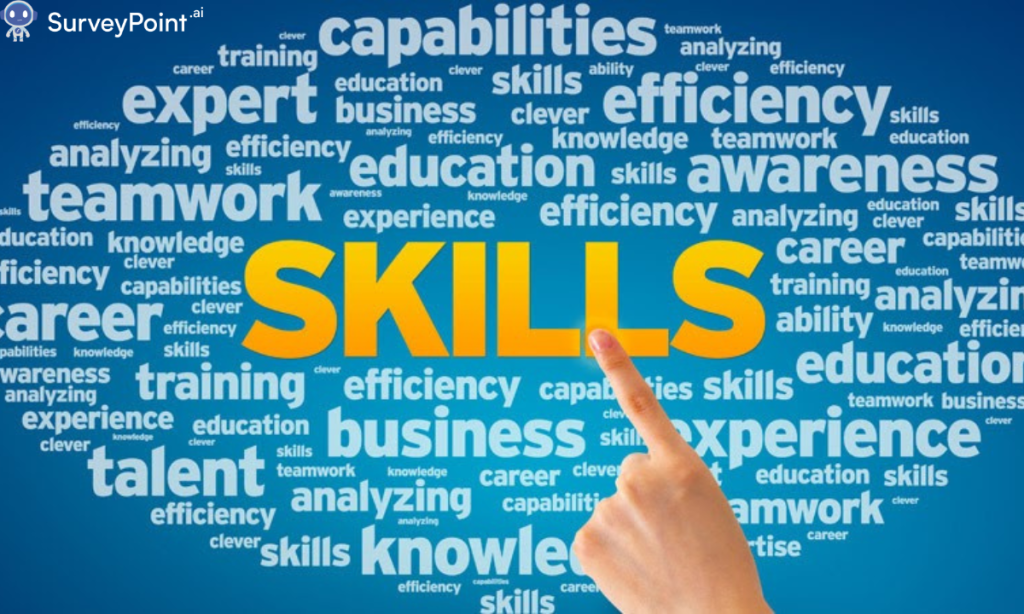
As we move deeper into the 21st century, the skills required to thrive in both professional and personal arenas continue to evolve. The year 2024 brings with it new challenges and opportunities, necessitating a fresh look at the competencies that can help individuals stand out. From technological adeptness to emotional intelligence, here are the top skills you need to outshine in 2024.
1. Digital Literacy
In an increasingly digital world, proficiency with technology is no longer optional. Understanding digital tools, platforms, and trends is crucial. This includes:
- Basic Coding and Programming: Knowing the fundamentals of coding can open doors to understanding how digital systems work.
- Data Analysis: The ability to interpret and draw insights from data is invaluable in decision-making processes across industries.
- Cybersecurity Awareness: Protecting personal and professional data from cyber threats is essential in the digital age.
2. Emotional Intelligence (EI)
While technical skills are critical, emotional intelligence is equally important. EI involves:
- Self-awareness: Understanding your emotions and their impact on others.
- Empathy: Recognizing and considering others’ feelings, fostering better teamwork and communication.
- Adaptability: Managing emotions in dynamic situations and responding effectively to change.
3. Critical Thinking and Problem-Solving
Employers value individuals who can think critically and solve complex problems. This skill set includes:
- Analytical Thinking: Breaking down complex problems into manageable parts.
- Creativity: Developing innovative solutions to challenges.
- Decision-Making: Assessing situations and making informed, timely decisions.
4. Effective Communication
Clear and effective communication remains a cornerstone of professional success. This encompasses:
- Verbal Communication: Articulating ideas clearly and confidently.
- Written Communication: Crafting compelling and precise written content.
- Listening Skills: Active listening to understand and respond appropriately.
5. Adaptability and Flexibility
The pace of change in the modern world demands adaptability. Being flexible means:
- Learning Agility: Quickly learning new skills and concepts.
- Open-Mindedness: Being receptive to new ideas and perspectives.
- Resilience: Bouncing back from setbacks and maintaining productivity.
6. Leadership and Team Collaboration
Strong leadership and teamwork skills are essential, even for non-managerial roles. This includes:
- Motivating Others: Inspiring and guiding team members towards goals.
- Conflict Resolution: Managing and resolving disputes effectively.
- Delegation: Assigning tasks based on team members’ strengths and maintaining accountability.
7. Cultural Competence
In a globalized world, cultural competence is increasingly important. This involves:
- Cultural Awareness: Understanding and respecting cultural differences.
- Global Mindset: Thinking globally and appreciating diverse perspectives.
- Language Skills: Proficiency in multiple languages can be a significant asset.
8. Sustainability and Ethical Awareness
With growing emphasis on sustainability, understanding environmental impact and ethical practices is crucial. This includes:
- Sustainable Practices: Implementing and advocating for eco-friendly practices.
- Ethical Decision-Making: Making choices that consider ethical implications and social responsibility.
- Corporate Social Responsibility (CSR): Understanding and participating in CSR initiatives.
9. Financial Literacy
Financial skills are essential for both personal and professional growth. This involves:
- Budgeting and Forecasting: Managing finances effectively.
- Investment Knowledge: Understanding investment strategies and financial markets.
- Risk Management: Identifying and mitigating financial risks.
10. Continuous Learning and Development
The most successful individuals are those who commit to lifelong learning. This involves:
- Professional Development: Pursuing courses, certifications, and training.
- Personal Growth: Engaging in activities that foster personal development.
- Curiosity: Maintaining a desire to learn and explore new areas.
Conclusion
As we navigate the complexities of 2024, the ability to adapt and excel in various skill areas will be more important than ever. By focusing on digital literacy, emotional intelligence, critical thinking, effective communication, adaptability, leadership, cultural competence, sustainability, financial literacy, and continuous learning, individuals can position themselves to outshine in their professional and personal lives. Embracing these skills will not only enhance career prospects but also contribute to overall personal growth and fulfillment. For more information checkout- surveypoint.ai




